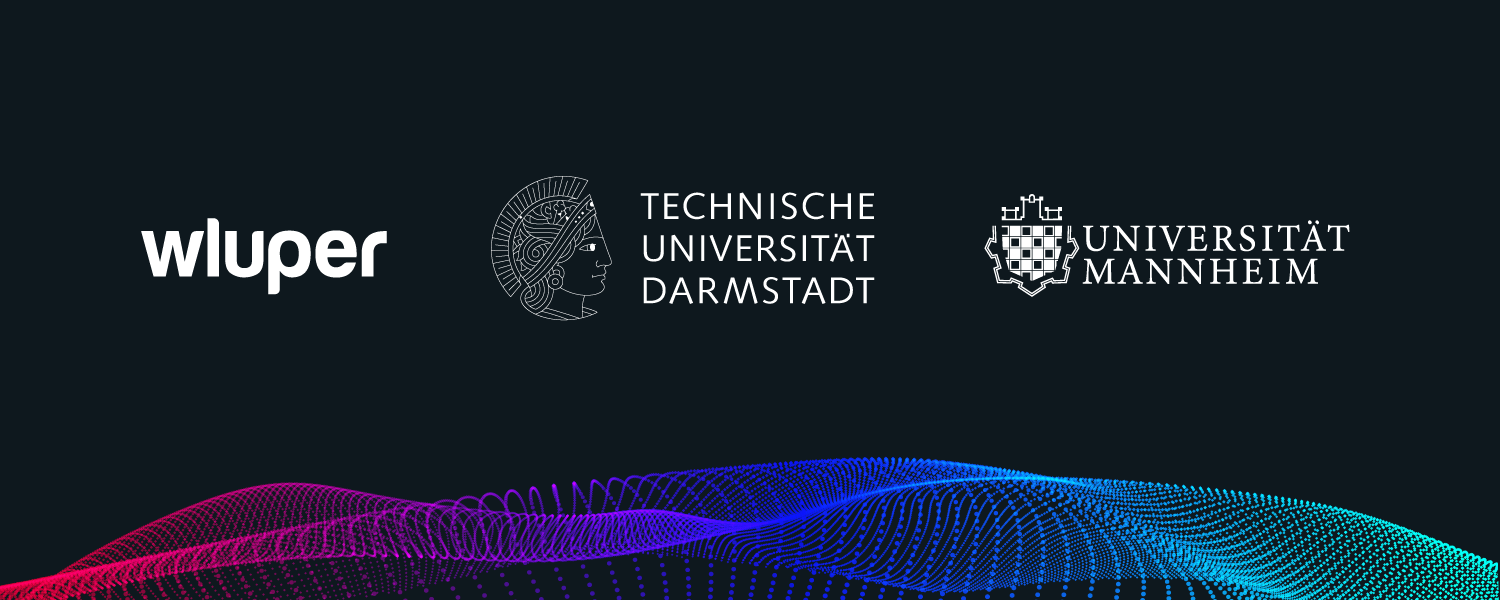(aka Common Sense of World Knowledge? Investigating Adapter-Based Knowledge Injection into Pretrained Transformers)
Following the major success of neural language models (LMs) such as BERT or GPT-2 on a variety of language understanding tasks, recent work focused on injecting (structured) knowledge from external resources into these models. While on the one hand, joint pretraining (i.e., training from scratch, adding objectives based on external knowledge to the primary LM objective) may be prohibitively computationally expensive, post-hoc fine-tuning on external knowledge, on the other hand, may lead to the catastrophic forgetting of distributional knowledge. In this work, we investigate models for complementing the distributional knowledge of BERT with conceptual knowledge from ConceptNet and its corresponding Open Mind Common Sense (OMCS) corpus, respectively, using adapter training. While overall results on the GLUE benchmark paint an inconclusive picture, a deeper analysis reveals that our adapter-based models substantially outperform BERT (up to 15-20 performance points) on inference tasks that require the type of conceptual knowledge explicitly present in ConceptNet and OMCS.
Retrograph is the official repo behind University of Mannheim's, TU Darmstadt's and Wluper's Commonsense Adapter Paper.
The key idea is that one can inject knowledge into pretrained language models using Adapters.
We try two methods to generate training data for the adapters:
- OMCS
- Random walk from ConceptNet
We evaluate on:
- glue
- csqa
- copa
- siqa
Key results, you can find in the paper: Link To Paper
Environment: python 3.6
Please, follow these instructions to execute the experiments.
Step 0: Download BERT
bash ./0_download_bert.sh
It creates:
- models/BERT_BASE_UNCASED
-
Generate Random Walks and Pretrain Adapter -> Go to B - Random Walks and Pretraining
-
Finetune on existing Adapters -> Go to C - Finetuning on Pretrained Adapters:
Follow these steps for pretraining adapter.
Step 1: Download Relations
bash ./1_download_relations.sh
It creates:
- relations/cn_relationType*.txt
Step 2: Create the sequences of tokens using random walks generated by node2vec:
bash ./2_create_random_walks.sh
It creates the main file randomwalks/random_walk_1.0_1.0_2_15.p and others also (randomwalks/cn_assertions_filtered.tsv)
Step 3: Create natural language text from the random walks:
bash ./3_generate_corpus.sh
The generated corpus will be used as input for BERT + Adapters. It creates a file in TF format: randomwalks/rw_corpus_1.0_1.0_2_15_nl.tf (and also generates: randomwalks/rw_corpus_1.0_1.0_2_15_nl.tf)
Step 4: Pretrain the adapter using the RW corpus:
bash ./4_pretrain_adapter.sh
Creates a model in: models/output_pretrain_adapter
9_download_pretrained_adapters_rw30.sh
9_download_pretrained_adapters_omcs.sh
ALL models will be saved in Creates a model in: models/output_model_finetunning
Modify the task_2_....sh files if you want to change hyper parameters
Run all glue_1,2_.sh files in that order
Run all csqa_1,2_.sh files in that order
Run all copa_1,2_.sh files in that order
Run all siqa_1,2_.sh files in that order
